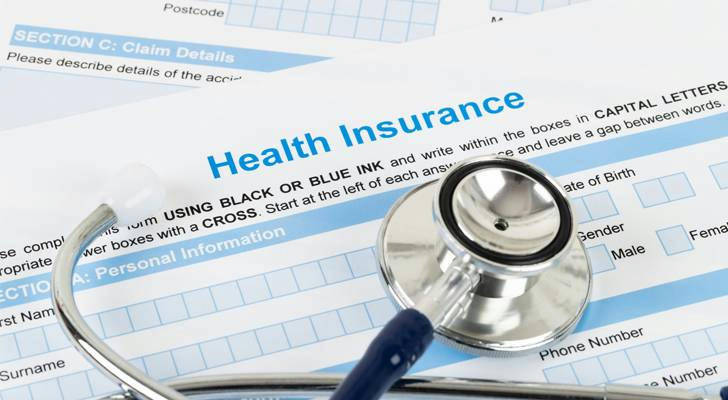How to Maximize Your Health Insurance Benefits
Health insurance is more than just a safety net for medical emergencies—it is a valuable tool for maintaining overall health and reducing long-term medical costs. To make the most of a health insurance policy, it is crucial to understand the benefits, utilize available resources, and choose the right providers.

Understanding Your Coverage
Before using health insurance, it is important to review the details of the policy, including:
Covered Services – Check what medical services, treatments, and medications are included in the plan.
In-Network vs. Out-of-Network Providers – Insurance plans often have a network of preferred providers who offer lower costs for covered services. Visiting out-of-network doctors may result in higher fees.
Referral Requirements – Some plans require referrals from a primary care doctor before seeing a specialist.
Preventive Care and Wellness Programs
One of the best ways to maximize health insurance benefits is to take advantage of preventive care services, which can help detect health issues early and reduce long-term medical costs. Many insurance plans offer:
Free annual check-ups
Vaccinations and immunizations
Cancer screenings (such as mammograms and colonoscopies)
Chronic disease management programs for conditions like diabetes or hypertension
Some insurers also provide wellness incentives, such as discounts on gym memberships or rewards for healthy lifestyle choices.

Reducing Out-of-Pocket Costs
Healthcare expenses can add up, but smart strategies can help minimize costs:
Use Generic Medications – Many plans offer lower co-pays for generic drugs compared to brand-name prescriptions.
Visit In-Network Providers – Staying within the insurance provider’s network ensures lower rates for services.
Understand Billing and Claims – Reviewing medical bills and insurance claims for errors can prevent overpaying for services.
Utilize Health Savings Accounts (HSA) or Flexible Spending Accounts (FSA) – These tax-advantaged accounts help cover medical expenses.
Handling Medical Emergencies
In case of an emergency, knowing how to use health insurance effectively can prevent financial strain.
Know the Nearest In-Network Hospitals – Emergency room visits can be costly, but in-network hospitals can help reduce expenses.
Understand Urgent Care Options – For non-life-threatening conditions, visiting an urgent care center instead of an emergency room can save money.
Keep Insurance Information Accessible – Having an insurance card and emergency contact information handy ensures quick access to medical care.
Using Telemedicine Services
Many insurance providers offer telemedicine options, allowing patients to consult doctors via video calls or phone appointments. Telemedicine is convenient for minor illnesses, mental health consultations, and follow-up appointments, often at a lower cost than in-person visits.
Planning for Future Medical Needs
Life changes, such as marriage, childbirth, or aging, may require adjustments to health insurance coverage. Reviewing and updating a policy ensures it continues to meet personal and family healthcare needs.

Conclusion
Maximizing health insurance benefits requires proactive planning and informed decision-making. By understanding coverage options, utilizing preventive care, and managing out-of-pocket costs, individuals can ensure they receive quality healthcare while minimizing financial burdens. A well-managed health insurance plan not only protects against medical expenses but also promotes long-term well-being.
